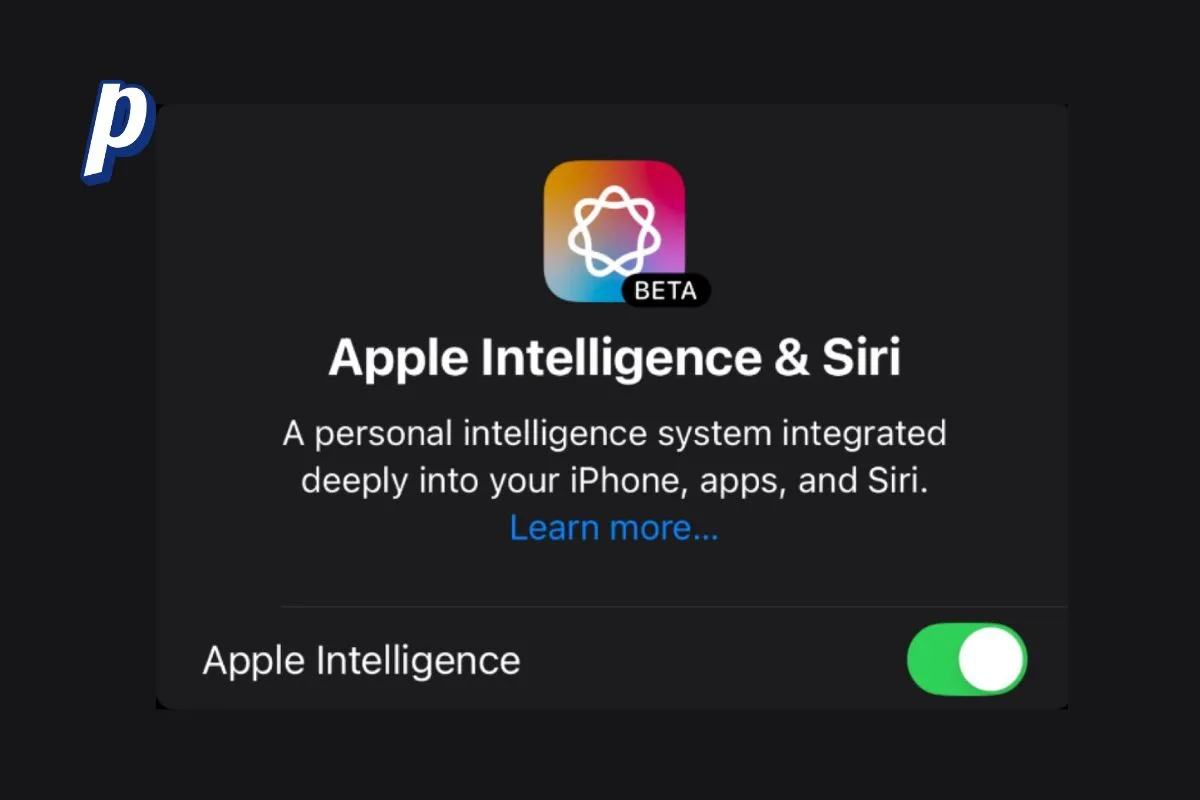The use of AI has quickly proliferated across nearly every facet of our lives. As Apple often does, it has arrived fashionably late to the AI party. Apple Intelligence had a soft launch back in September, featuring rudimentary capabilities. Since then, Apple has gradually introduced more features, attempting to deliver on its initial promises. Unfortunately, this measured approach seems to have missed the mark, leaving many users—myself included—feeling disappointed.
Apple has a history of being late to the game but ultimately getting it right. Widgets on iOS and macOS, for example, arrived years after competitors introduced them, but Apple’s implementation benefited from observing others’ missteps. Similarly, features like Dynamic Island offered a fresh take on how to use a “hole-punch” camera on a display. However, Apple Intelligence feels like the exception to this pattern. Here’s why Apple’s AI initiative has been a letdown so far.
Read more: Apple’s Early 2025 Product Launches: What to Expect
Drip-Fed Release Schedule: A Long Beta Test
Apple’s decision to stagger the release of Apple Intelligence has arguably hindered its success. Rather than creating buzz with a robust feature set at launch, Apple opted for a minimal rollout. This drip-fed schedule has only diluted the excitement. December saw the introduction of a few more features, but the update felt more like a whisper than a bang.
Most people I know with compatible Apple devices haven’t even bothered to update. Why should they? For basic tasks like proofreading or rewriting, they already rely on more established AI solutions. While I don’t mind testing new features in what feels like a beta phase, the average consumer doesn’t share this enthusiasm. A launch riddled with delays and incomplete functionality makes it impossible to generate the kind of excitement Apple is known for.
Gimmicks Front and Center: The Genmoji Problem
One of Apple Intelligence’s headline features is Genmoji—an AI-powered tool for creating personalized emojis. While this might appeal to some users, it feels misplaced as a central selling point. Apple’s advertising efforts have heavily focused on Genmoji, even showcasing it in major television broadcasts. For someone who uses emojis sparingly, it’s hard to get excited about this feature, especially when it’s being touted as a significant innovation.

On the other hand, features like proofreading and rewriting, which have clear use cases and target audiences, are presented alongside these gimmicks rather than being spotlighted. If Apple Intelligence aims to revolutionize how we interact with our devices, prioritizing practical tools over novelty features would have been the smarter move. Genmoji might be a fun extra, but it’s not the kind of functionality that drives users to adopt a new AI platform.
Siri Remains Stagnant: A Missed Opportunity
Perhaps the biggest disappointment is Siri’s lack of improvement. Siri has been a consistent weak point in Apple’s ecosystem for years, and Apple Intelligence presented a golden opportunity to address its shortcomings. Unfortunately, Siri remains largely unchanged.
Read more: New iPad 11 Launch Expected Early 2025: Key Features and Specifications
While updates are promised in the next major Apple Intelligence release slated for March 2025, the current state of Siri leaves much to be desired. Basic tasks continue to confuse the virtual assistant. For example, when I asked Siri if I had sent Michael any messages about a recent sports trade, it inexplicably replied that Apple Cash isn’t available in my country. Siri’s advanced features, where they exist, are similarly underwhelming. If Apple had focused on fixing Siri’s core functionality as part of the initial Apple Intelligence rollout, it could have bought time and goodwill from users while other features were in development.
Writing Tools: Useful but Undercooked
The Writing Tools feature within Apple Intelligence is perhaps its most useful component, but even this feels half-baked. While the tools are quick and generally accurate, they lack some basic quality-of-life enhancements that would significantly improve usability.
For instance, when asking Apple Intelligence to rewrite or proofread a piece of text, it sometimes highlights the changes made. However, this functionality is inconsistent. When asked to proofread, it highlights edits, but when tasked with rewriting, it often leaves users guessing about what has been altered. A simple “before and after” comparison tool would make a world of difference. For a company known for its user-friendly design, this oversight is surprising.
Playing It Safe: The ChatGPT Integration
Rather than breaking new ground, Apple has taken a conservative approach by integrating ChatGPT-like capabilities into Apple Intelligence. While this ensures reliability, it’s far from revolutionary. On the bright side, Apple’s commitment to privacy is evident. Queries are only sent off-device when necessary, and users are notified beforehand. However, this alone isn’t enough to make Apple Intelligence stand out in a crowded AI market.
On paper, Apple Intelligence promises to be a game-changer. In practice, it feels like a collection of half-realized ideas that don’t live up to Apple’s typically high standa.
Can Apple Turn It Around?
Apple Intelligence undoubtedly has potential. Its privacy-first approach is commendable, and its integration into the Apple ecosystem lays a solid foundation for future growth. However, for Apple to win over consumers, it needs to address several key issues:
- Faster Feature Rollouts: A more complete release schedule could help generate excitement and adoption.
- Focus on Practicality: Highlighting genuinely useful features over gimmicks like Genmoji would better align with user needs.
- Siri Overhaul: Addressing Siri’s longstanding issues should be a top priority.
- Refining Existing Tools: Enhancements like better change tracking for Writing Tools would go a long way in improving usability.
Read more: The MacBook Air: Once a Star, Now Taking a Backseat in Apple’s Lineup
Apple has a reputation for being a late entrant that ultimately dominates the market. With Apple Intelligence, it’s clear that the company has some catching up to do. By listening to user feedback and making thoughtful updates, Apple has the opportunity to transform Apple Intelligence into a leading AI platform. For now, though, it feels like a missed opportunity.
Stay updated with TechExclusive for the latest on Apple Intelligence and other cutting-edge technologies!













